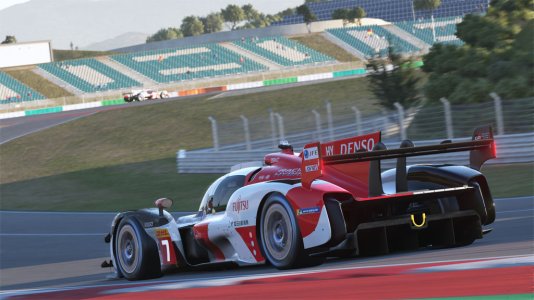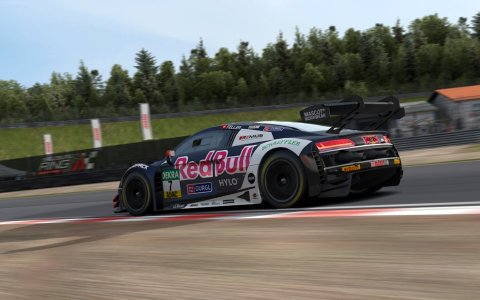Paul Jeffrey
Premium
The Austrian Grand Prix bore witness once again to a clash between Mercedes AMG Petronas team mates Nico Rosberg and Lewis Hamilton, costing the former two penalty points on his licence and a further 10 seconds added to his race time at the end of the Grand Prix.
As Rosberg somehow managed to snatch a defeat from the jaws of victory at the weekend, our RaceDepartment poll showed an overwhelming 76.2% of voters (282 votes) judged the German driver to be at fault for the incident. The race day stewards seemed to agree with that judgement after awarding Rosberg a 10 second post-race time penalty and 2 penalty points to be added to his racing licence. However opinion seems to be divided amongst the fans and media as the if Rosberg, despite being perceived to be at fault, deserved the sanctions handed out to him for the incident. This brings us to a much larger question that needs to be asked if Formula One is going to continue as the pinnacle of driving excellence it has long been associated with, ever since the first Grand Prix was held on a windy day on a former World War 2 airfield at Silverstone in 1950.
Does the recent steward decisions handed out to Rosberg post-race help maintain a quality driving standard, or does the ever present threat of driver sanctions suffocate todays stars and reduce the likelihood of drivers being willing to go wheel to wheel on track?
Formula One has been subject to much scrutiny in reason years for seemingly inconsistent steward decisions during key race flash points, and has worked hard to bring a more unified approach to how decisions are made following on track collisions between rival cars. The introduction of a permanent steward panel and inclusion of guest ‘expert’ former drivers have gone a long way in recent times to reduce the number of inconsistent and often bizarre rulings during events, however in a world ever more safety conscious coupled with a growing blame mentality for incidents many would consider par for the course just a few short years ago, has the allocation of mid race penalties gone too far?
Although very clearly blame can be placed at Rosberg’s door for Sunday’s accident, many consider the loss of points and a potential victory were punishment enough for the Mercedes #6, not least of which is the fact the collision was with another driver from the same team!
Do you think the FIA are too harsh with penalties in recent years? Do you think on track action could be improved if drivers feel less likely to receive a reprimand when things go wrong?
Discuss….










